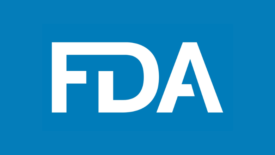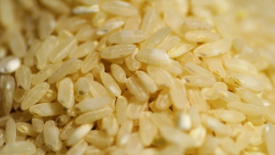Contamination Control
BIZTRACKS
Mariani Selects State-of-the-Art Optical Sorter from Key Technology
January 6, 2023
BIZTRACKS
Technology Achieves Pathogen Reduction Milestone in Wheat Temper
January 6, 2023
Never miss the latest news and trends driving the food safety industry
eNewsletter | Website | eMagazine
JOIN TODAY!Copyright ©2024. All Rights Reserved BNP Media.
Design, CMS, Hosting & Web Development :: ePublishing










